
The Center for Health Journalism is pleased to announce the selection of six California journalists who will be participating in our Domestic Violence Impact Reporting Fund.

The Center for Health Journalism is pleased to announce the selection of six California journalists who will be participating in our Domestic Violence Impact Reporting Fund.
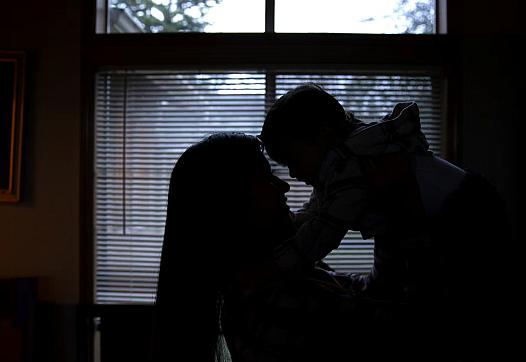
Washington’s effort to keep families together has reduced child removals, but amid the opioid crisis it’s also raised fears that higher legal thresholds may leave some children unsafe.

A Black parenting program is federally approved but underfunded, as strict evidence rules and bureaucracy block access to prevention dollars meant to reduce foster care disparities.
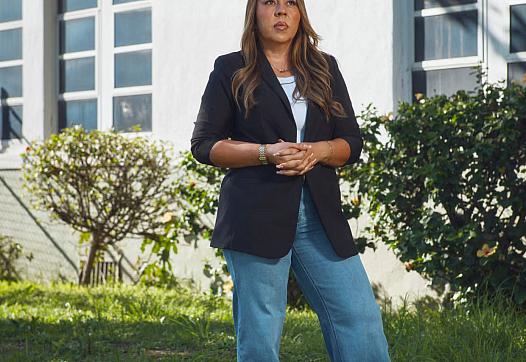
As the US faces challenges to public school funding, activists warn that more people should pay attention to what’s happened in Inglewood, California.
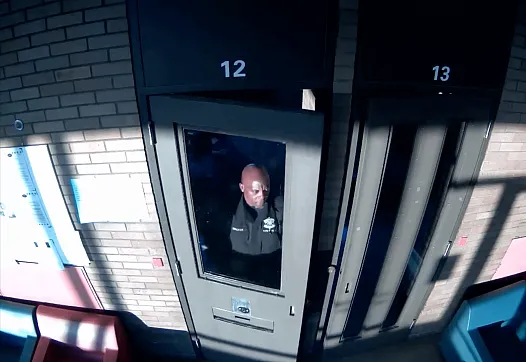
Former Juvenile Temporary Detention Center employee Kevin Walker was acquitted last month of charges related to the incident, which left a 15-year-old boy bruised and unconscious.
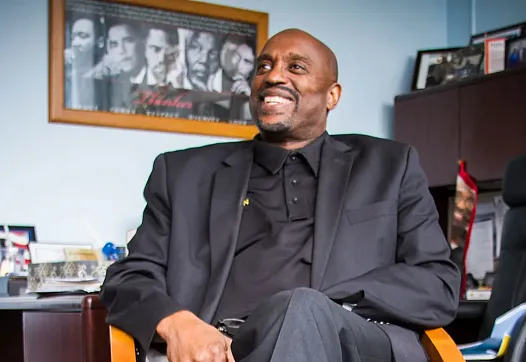
The superintendent of one of the country’s largest juvenile jails is resigning Dec. 1 after a decade-long tenure marked by controversy.
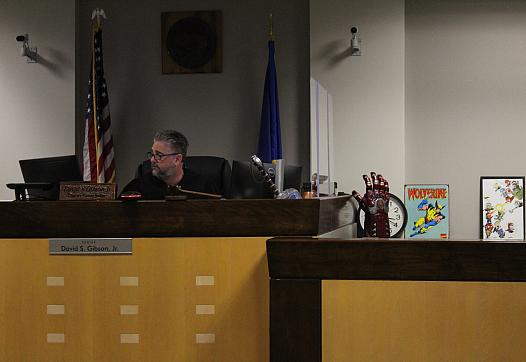
In Nevada, homelessness rarely alone leads to child removal, but rising housing instability increasingly delays reunification and compounds other risks, highlighting gaps in affordable housing and prevention resources.

Clark County’s family shelters, created from former motels, are keeping unhoused families together, diverting thousands of children from foster care and saving millions by addressing housing as prevention.
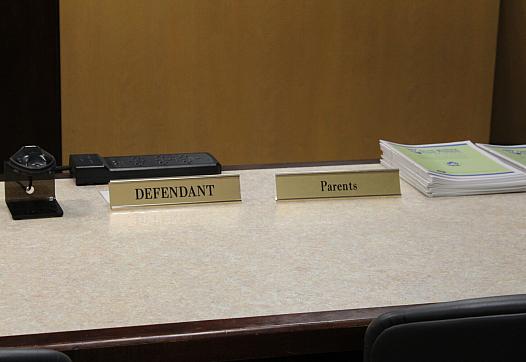
In Washoe County, families who accept county-paid motel rooms when shelter beds run out are automatically referred to child welfare. Critics say the policy can deepen fear and stigma — and highlights how scarce affordable housing pushes families closer to CPS.

Autistic youth face a significantly higher risk of suicide, often at younger ages, highlighting the need for better screening, mental health care, and community education.